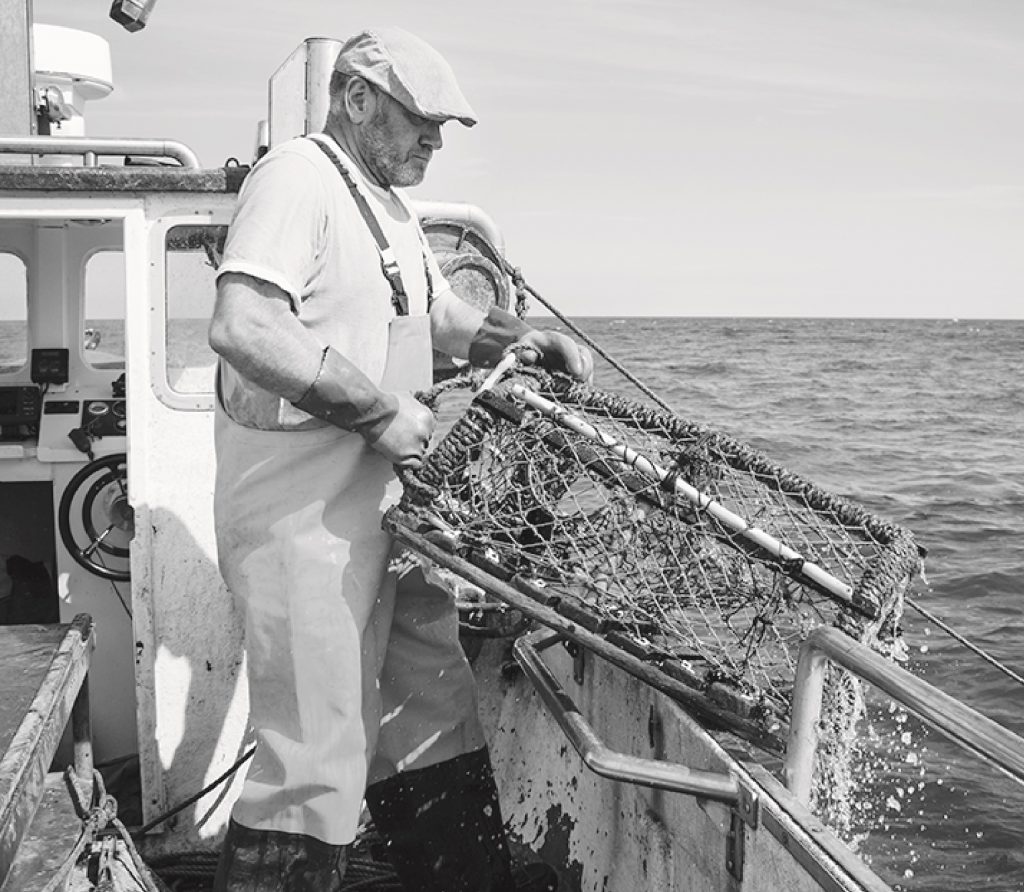Dr Mark James and Dr Niki Khan have combined forces and successfully pitched a collaborative study at a recent meeting of the Institute for Behavioural and Neural Sciences, gaining seedcorn funding to identify the impact of repeated capture during early life on the European lobster.

Scotland has ~1400 inshore fishing vessels, the majority of which use pots, creels or traps to catch crabs and lobsters. Mark’s projects on inshore fishing activity show that many vessels fish the same areas repeatedly, with undersized lobsters potentially being caught and released daily. This begs the question, what is the impact of being caught multiple times on the growth, reproductive success and survival of lobsters? This is an area of research that Niki specialises in. We already know from studies in other species that repeated bouts of stress events can have long term impacts on physiology, such as compromising immune systems, digestive systems, and cognitive function. Effects aren’t limited to the ‘stressed’ generation, either; parental stress, even prior to reproduction, reduces hatching success, growth rates, and survivorship of the next generation and even further generations in a range of taxa.
As both Mark and Niki haves existing relationships with inshore fishers in Scotland, they are well placed to effectively use this seedcorn funding to undertake some pilot experiments to explore the potential to undertake a much larger project. This involves the development and testing of a mark recapture systems using PIT tagged lobsters, together with some basic method development to field sample and analyse a suite of physiological/biochemical measure of acute and chronic stress together with rapid, detailed 3D morphometric analysis of specimens.

